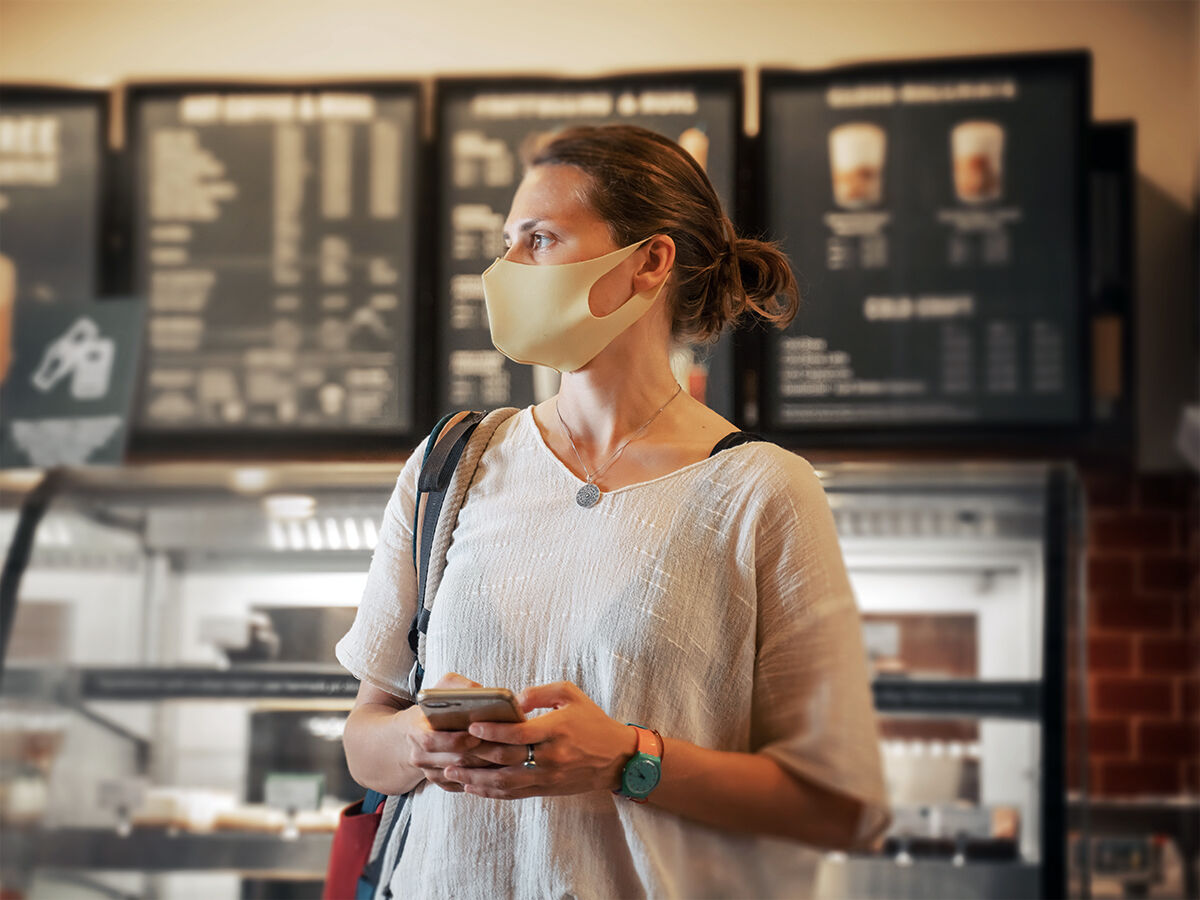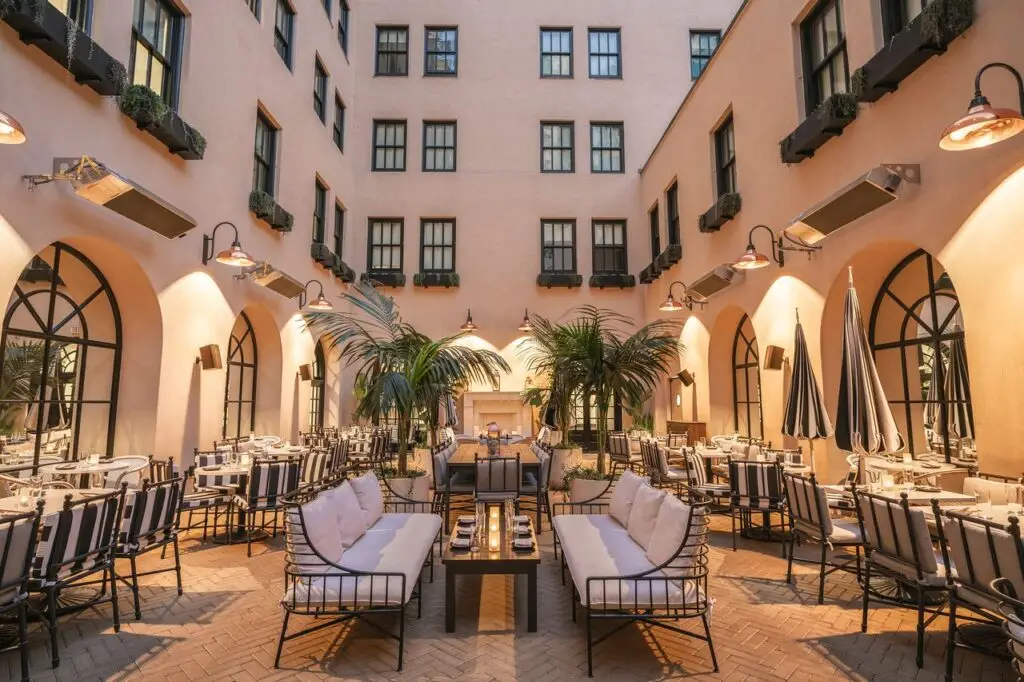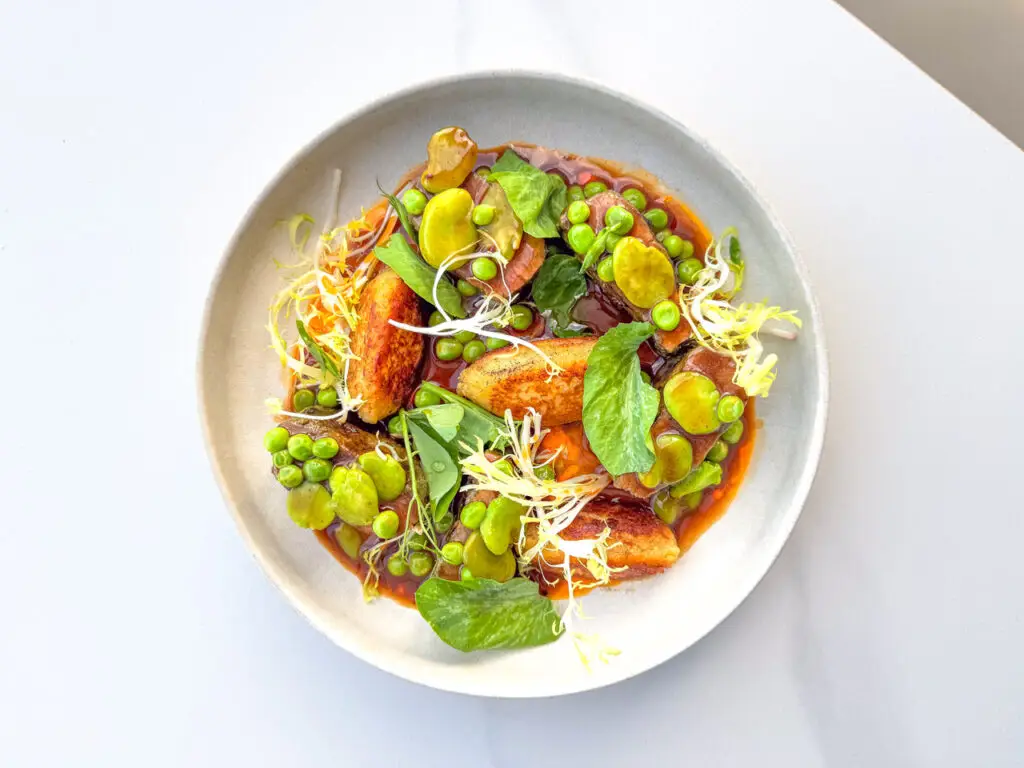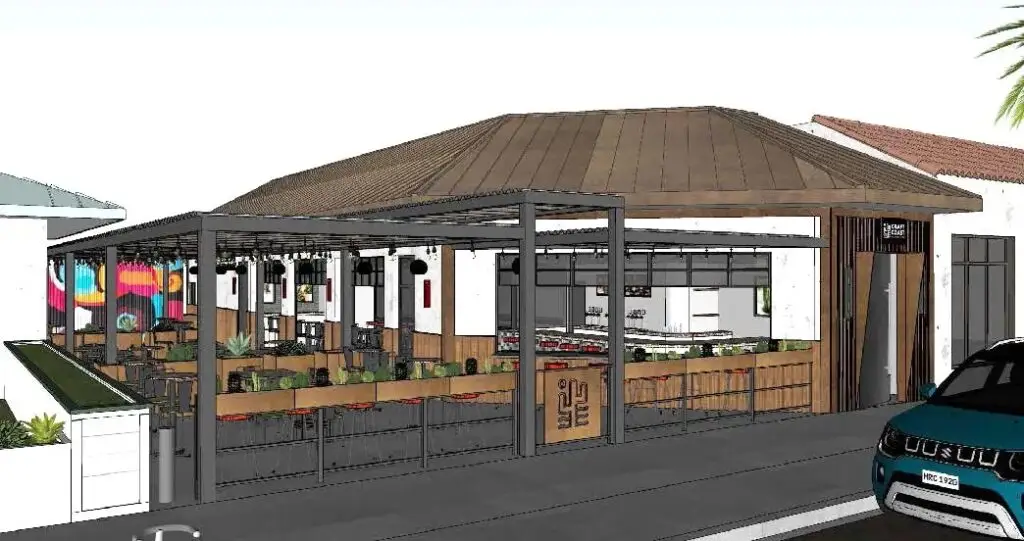A month ago, Kris Buchanan, owner of Goodonya Organic Eatery in Encinitas, announced in a Facebook video that she was shutting down her café for a bit. One of her team members had contracted COVID-19. They needed to quarantine, sanitize, and test everyone.
Then she let loose.
“We have people coming into our restaurant, screaming, yelling, making our staff cry,” she said. “Some of them are very young. It’s hard to get yelled at when you care so much about your job. My staff cares about me, they care about our company. They’re wearing masks for eight hours a day. I personally think if you come up into someone’s space where you can spit on them when you talk, if you cover your mouth for those few minutes that it takes to order, it’s a sign of respect. It doesn’t matter the whole political[ly] charged issue it’s become. I’m no longer willing to put my staff in that position where they’re getting berated. People have threatened to sue us.”
She announced that she would reopen only for takeout and delivery. She wouldn’t let customers in the café anymore. Because of the one or two. The one or two customers whose nerves are frayed, who view California’s safety guidelines as a nanny-state outrage against their Americanness, who take out their bottled up-rage on restaurants. The customers who, often claiming exemptions under the Americans with Disabilities Act (ADA), threaten to sue.
Indoor dining is moot for now, since it’s banned in California until at least the end of July, possibly longer. Goodonya has since reopened for takeout and delivery. The city has allowed them to build 11 tables in their parking lot for outdoor dining. I called Buchanan to see how she feels now.
“It has gotten better,” she says. “In the beginning, there was so much fear and emotion around COVID. To have a 20, 30-year-old get yelled at by a 60-year-old about the ADA? It’s hard enough to work in the restaurant industry. People who do cold calls get hung up on all day, but we deal with people who are hangry. You can have a great day, the best day, best sales, and then one guy says something and it ruins it all. The customers who are assholes are just assholes, and you can’t fix that.”
Buchanan isn’t alone. I’ve been talking with restaurateurs every day since the pandemic started. Almost every one of them has the story of that one customer who threw the fit, hissed that hiss, threatened to sue, made an employee feel momentarily scared for their personal safety, made them cry.
“Yesterday, someone posted a one-star Yelp review after a hostess wouldn’t let them in without a mask,” says another restaurateur, who asked to remain anonymous. “They also emailed us saying we’re not abiding by ADA law and they’re going to come after us. We’re just trying to survive. As much as I want to tell these people off, a lot of times it just adds fuel to the fire.”
One-star Yelp reviews bring down restaurants’ overall rating, which can negatively affect their business. But it’s the lawsuits that spook them most. Most restaurants are surviving on saved pennies and government assistance right now, and don’t have money to defend themselves in court.
“According to these people, it’s illegal because they have a health condition that prevents them from wearing a mask,” says the restaurateur, adding that he had to eighty-six a different customer for aggression toward one of his managers. “And just like if someone comes with a service dog, we’re not allowed to ask for their certification. We always try to find a solution for these people. But if we can’t, and even if your complaint is legitimate—don’t go put up a one-star review and sue. California is such a lawsuit-happy place.”
Most restaurateurs I spoke with didn’t want to go on record. Many don’t want to draw attention to themselves, fearful of the kind of people who are eager to find a restaurant to sue—even if just to go down swinging in the great mask debate.
There are people with legitimate medical reasons for not wearing a mask. The debate is this: restaurants are following the governor’s orders to enforce mask-wearing indoors. Most are offering takeout and/or delivery for people who can’t wear masks. Does the governor’s order supersede the right of a person to walk freely inside a restaurant without a mask due to protections under the ADA? Could restaurants be successfully sued for following orders in a pandemic?
I’ve spoken with Michael Karlin, an attorney who specializes in ADA lawsuits. I’ll detail his take coming in my next blog, but he said he does expect a few people to sue restaurants over the issue—even though their chances of success are slim.
“I don’t care about repercussions,” says Cesar Vallin, co-owner of Cloak & Petal in Little Italy. “I would rather people know not to come here because they’re going to be offended to have to wear a mask than have to deal with them when they get here.”
Vallin says he always starts conversations with anti-maskers in a civil, empathetic way. “I say, ‘Look, I don’t want to wear one either, but I’m doing it out of courtesy to make people safe.’ I had a guy threaten to sue, and I said, ‘Well, good luck.’ I’m at the point where we’re just trying to get through. If you can sue us that means we’re still around, then I’ve been successful. The gloves are off with these people who are crossing the line.”
Buchanan empathizes with customers, but only to the point where it starts negatively impacting her people. “Customers are feeling the stress and the emotion,” she says. “But my people are sitting there at the counter, dealing with 300 people a day, putting themselves at risk, putting their family at risk. Ninety-nine percent of people get it. When we ask them to put on a mask they say, ‘Oh my god I’m so sorry.’” But it only takes that one percent to ruin it.”
Don’t be the one percent.

COVID Mask Rage
PARTNER CONTENT
Shutterstock





















